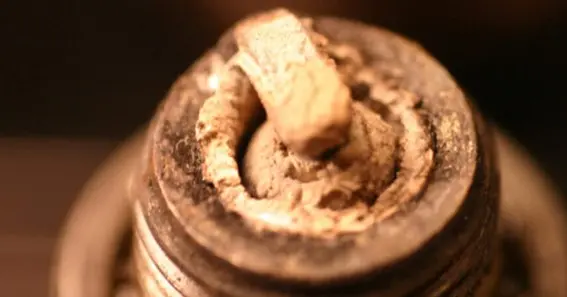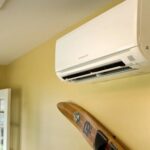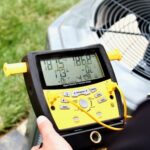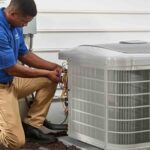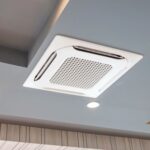Carburetor fouling, often resulting in carbon deposits on spark plugs, can lead to engine misfires, reduced performance, and increased emissions. A common question among vehicle owners is whether switching to a hotter spark plug can alleviate this issue. This article delves into the relationship between spark plug heat ranges and carburetor fouling, providing insights into effective solutions.
Understanding Spark Plug Heat Ranges
Spark plugs are designed with specific heat ranges, indicating their ability to dissipate heat from the combustion chamber. A “hot” spark plug retains more heat at the tip, which can help burn off carbon deposits and prevent fouling. Conversely, a “cold” spark plug dissipates heat quickly, suitable for high-performance engines that generate more heat. Selecting the appropriate heat range is crucial for optimal engine performance.
Causes of Carburetor Fouling
Carburetor fouling occurs when carbon deposits accumulate on spark plugs, leading to poor combustion. Common causes include:
- Rich Air-Fuel Mixture: An overly rich mixture results in incomplete combustion, leaving carbon residues on spark plugs.
- Short Trips and Idling: Frequent short trips or prolonged idling prevent the engine from reaching optimal operating temperatures, promoting carbon buildup.
- Improper Spark Plug Selection: Using spark plugs with an incorrect heat range can contribute to fouling.
Can a Hotter Spark Plug Fix Carburetor Fouling?
Switching to a hotter spark plug can help burn off minor carbon deposits by maintaining a higher tip temperature, potentially reducing fouling. However, this is a temporary solution and may not address the underlying causes of fouling. Relying solely on hotter spark plugs without addressing issues like a rich air-fuel mixture or frequent short trips can lead to engine damage over time.
Effective Solutions to Prevent Carburetor Fouling
To effectively prevent carburetor fouling:
- Adjust the Air-Fuel Mixture: Ensure the carburetor is properly tuned to achieve the correct air-fuel ratio, promoting complete combustion.
- Regular Maintenance: Perform routine maintenance, including cleaning or replacing air filters and ensuring the ignition system is functioning correctly.
- Appropriate Driving Habits: Avoid excessive idling and short trips; allow the engine to reach optimal operating temperatures to prevent carbon buildup.
- Correct Spark Plug Selection: Use spark plugs with the manufacturer-recommended heat range to ensure optimal performance and prevent fouling.
Conclusion
While using a hotter spark plug may temporarily alleviate carburetor fouling, it is not a comprehensive solution. Addressing the root causes, such as adjusting the air-fuel mixture and adopting proper driving habits, is essential for maintaining engine health and performance.
FAQ
1. What is the primary cause of carburetor fouling?
A rich air-fuel mixture leading to incomplete combustion is a common cause of carburetor fouling.
2. How can I determine the correct spark plug heat range for my engine?
Consult your vehicle’s manufacturer specifications or a trusted mechanic to select the appropriate spark plug heat range.
3. Can frequent short trips contribute to spark plug fouling?
Yes, short trips prevent the engine from reaching optimal operating temperatures, promoting carbon buildup on spark plugs.
4. Is it safe to use a hotter spark plug than recommended?
Using a hotter spark plug than recommended can lead to engine damage over time; it’s best to use the manufacturer-recommended heat range.
5. How often should I inspect and replace spark plugs to prevent fouling?
Regular inspections during routine maintenance are advisable; replace spark plugs as per the manufacturer’s recommended intervals or if signs of fouling are present.
Check out here for a more interesting article 45-minutes-from-now-is-what-time
